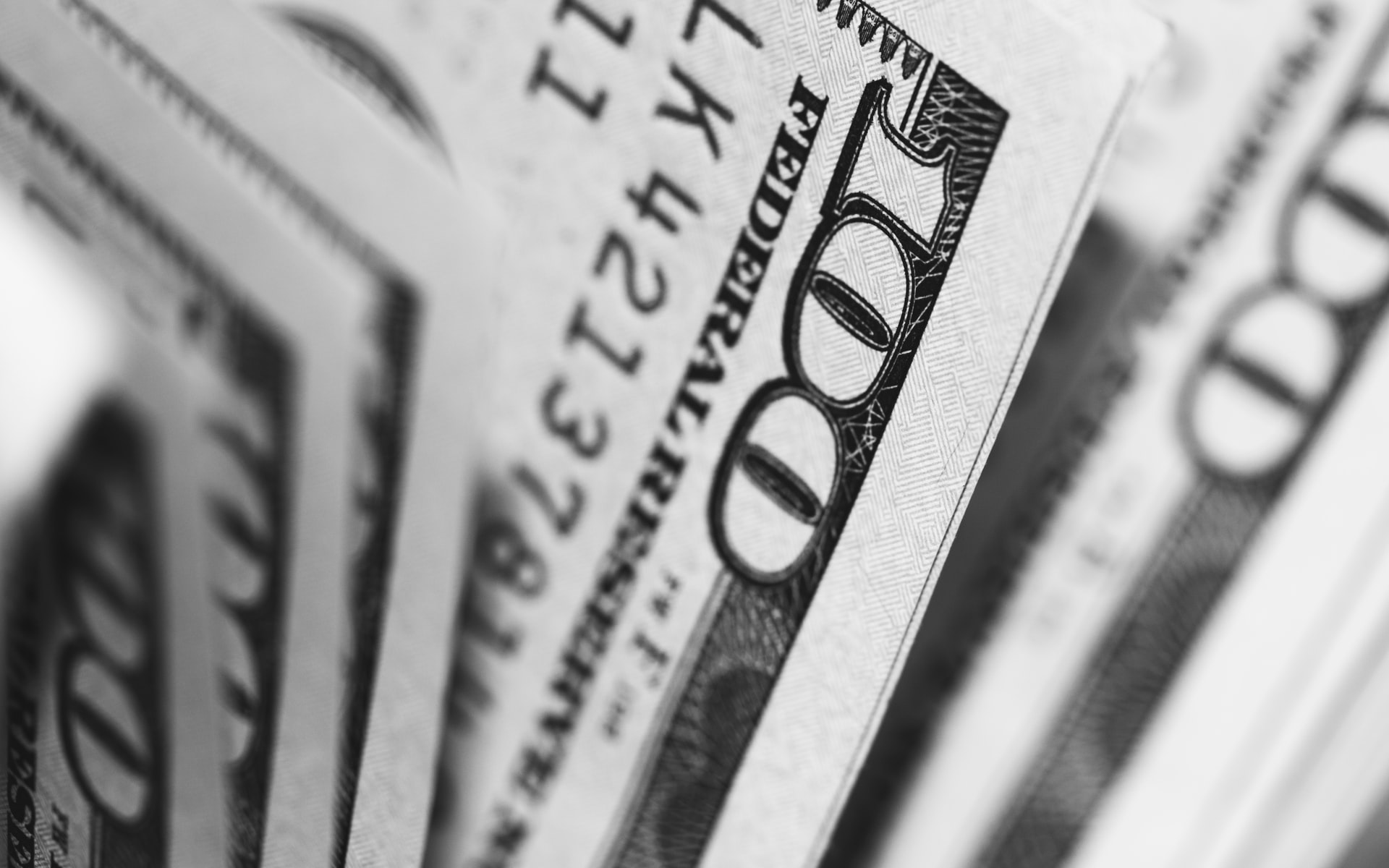You got a check in the mail. It could be from your employer, a client, or someone else. The first thing you should do is endorse your check and get those proceeds in your account. If you follow this step, you will never have to worry about checks expiring.
Unfortunately, life throws many tasks and curveballs at us. You may not have enough time to bring the check to the bank because of grocery shopping and other errands. You may have a busy work week and try to do it on weekends. However, weekend surprises can keep you away from your local bank. Although not ideal, you could usually wait a week to cash in a check. Problems emerge when one week turns into two, and you’re suddenly looking at an unendorsed check you received months ago. At this point, you’re probably wondering if that check is still valid or if you can’t receive those funds anymore.
Do Checks Expire?
If you leave the check undeposited long enough, it will eventually expire. While some checks have different deadlines, most of them expire within 180 days.
Types Of Checks and When They Expire
Your check’s expiration date depends on the type of check. We have outlined several types of checks and when they expire.
Personal Checks
Personal checks are valid for 180 days. Someone may have given this check to you as a birthday gift or for another occasion. This check will have the person’s name, account number, and other details. The check will specify you as the payee.
Business Checks
Business checks are also valid for 180 days. These checks are similar to personal checks, but they look more professional. These larger checks have space for the company’s logo and can fit in ledgers. These checks have more security features than personal checks, protecting the company and employees from forgeries. Businesses can get fancy with their check designs and features, but they function like personal checks.
U.S. Treasury Checks
You may receive a U.S. Treasury check for a tax refund, a U.S. treasury bond, or something else. However, these checks have different expiration timelines than personal and business checks. These checks expire one year after being issued. If the check’s issue date is May 14th, it expires on May 14th of the following year.
You won’t receive a check on the date it’s issued. The check may take several weeks or months to arrive in your mail unless you sign up for direct deposit.
Cashier’s Checks
Cashier’s checks get complicated. These checks get drawn from a bank’s funds, and a cashier signs them. Cashier’s checks guarantee the funds and often show up in real estate and brokerage transactions. The expiration dates vary for each check and cashier. Some checks never expire, while others can expire in 60-180 days. Look for a disclaimer saying that the check is void after X days. This disclaimer is the deadline.
Traveler’s Checks
Traveler’s checks were once a popular way for overseas tourists to protect their finances. You could use these checks to buy goods and services in other countries’ currencies. Credit and debit cards made these checks less relevant, and you’ll rarely see them today. However, you might still have a traveler’s check sitting around if you traveled during that era. Luckily, traveler’s checks never expire if the issuer is still in business. You can deposit the traveler’s check and get the remaining cash.
Money Orders
Money orders are prepaid and have no deadline. However, you should still pay it as soon as possible. You could lose it, and it will rack up fees as you delay the deposit. Money orders don’t have your bank account or other sensitive personal information on the check. The fee is low, but it adds up. You can still deposit old money orders and see what you get after fees.
Blank Checks
Blank checks do not expire. You can hold onto these checks in your checkbook without worrying about them losing value. Any check with some writing on it (i.e., signature, established payee, etc.) will have an expiration date. If you receive a check without a date, you should fill in the current date. The date begins the countdown to the check’s expiration. You could have these checks last forever by not providing a date, but that’s bad practice. Not only can you stress out the drawer, but you may not obtain the funds if you try to deposit the check. We’ll discuss some reasons that can happen shortly.
Is It Possible to Cash an Old Check?
You can still cash an old check if it’s expired, but it’s challenging. You will have to talk with the bank and see if they will accommodate your request. Banks are not obligated to complete the transaction after the expiration date, and each bank has different policies. For U.S. Treasury Checks, you’ll have to call the IRS.
Why You Should Not Wait To Cash Checks
You should cash checks upon receiving them. Expiration dates create a false sense of security that goes beyond missing the deadline. You should cash checks immediately for the following reasons.
Closed Accounts
Not everyone stays with the same bank. Some drawers may close their accounts before your check expires. You’ll have no way to claim the funds, and the check will bounce. The bank will charge you a fee for submitting the defunct check to add insult to injury.
Insufficient Funds
When someone gives you a check, they can cover the check at that moment. However, a lot can change in a few months. The drawer may forget about your check and use their remaining account balance to cover other expenses. So, when you show up and deposit the check a few months later, you may not get the money due to insufficient funds. In addition, you’ll have to pay fees if the check bounces due to insufficient funds.
Stop Payment
A drawer may become suspicious if you don’t deposit the check soon enough. Checks can get stolen, and no one wants to pay the wrong person. Therefore, a check issuer may request a stop payment. This order prevents anyone from cashing out an unpaid check with your signature. You should reach out to the drawer about a stop payment. These orders eventually expire and can provide a small opening for depositing the check within the deadline.







